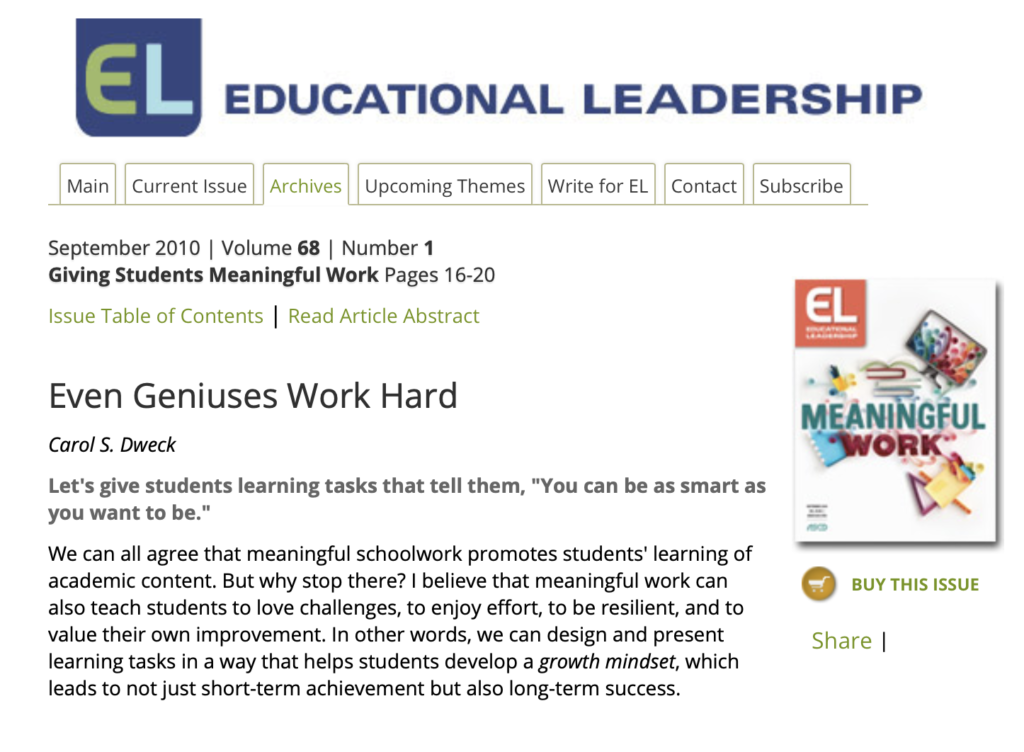Jonathan Wai, a research scientist at the Duke University Talent Identification Program, argues that our schools ignore our most creative thinkers because:
- Standardized Tests Do Not Include Spatial Measures
- Most Teachers Are Not High Spatial
- Spatially Talented People Are Not Very Vocal
Wai’s argument is based on his research into spacial intelligence. People with high spacial intelligence are the mechanical types, who can take apart and put back together just about anything. These types of people have little interest in words and numbers and because they are often less vocal and social their needs and amazing abilities are overlooked.
In his Psychology Today article Finding the Next Einstein: Why smart is relative, Wai points out that we habitually overlook some of the best and the brightest because of our reliance on standardized testing and intelligence testing which do not take into account spacial intelligence. Wai offers the following historical example of just how poorly intelligence testing identifies intelligence:
Over 90 years ago, Lewis Terman attempted to identify the brightest kids in California. There were two young boys who took Terman’s test but who did not make the cutoff to be included in this study for geniuses. These boys were William Shockley and Luis Alvarez, who both went on to study physics, earn PhDs, and win the Nobel Prize.
We have been overlooking or missing some of the brightest and best minds for a very long time, but we can’t afford to keep on ignoring these highly talented but different people any longer. These spacial thinkers are some of the best suited people to help us adapt to the disruptive change that is all around out us. What can we do to change our system and our schools to recognize and support these types of learners?
Wai suggests that we design educational interventions that are tailored to the spatial strengths. Hands on activities that encourage spatially talented students to work their hands is only the start. Perhaps first we need to be their voice. We all know people that are spatially talented and because they are often quiet and different they get overlooked or even ostracized and their talents and abilities are never fully realized. These are the people who not only can see different future they are the ones that can help us build it.
Who in your sphere of influence is a spacial thinker? What have you done to help them to maximize or even realize their potential?
































